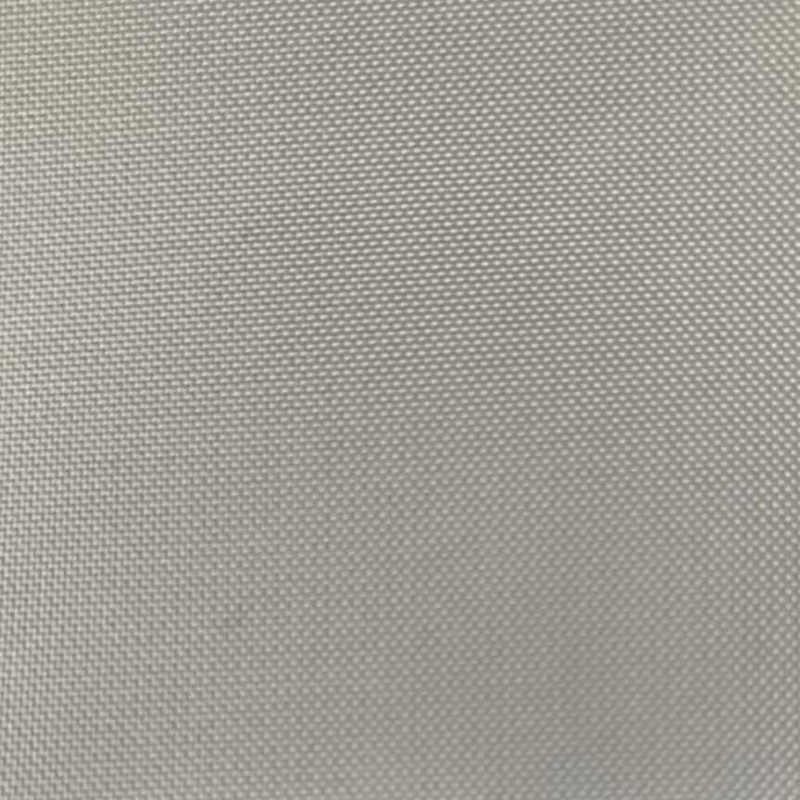In today's era of heightened environmental awareness, the quest for sustainable materials has propelled the resurgence of recycled post-consumer polyester fabric as a pivotal player in the textile industry. Understanding how this fabric is sourced and collected provides crucial insights into its environmental benefits and operational processes.
Initiating the Recycling Chain: Collection of Post-Consumer Polyester Waste
The journey of recycled post-consumer polyester fabric commences with the conscientious disposal and collection of polyester-based products from various consumer and industrial sources:
Consumer Engagement and Convenience: Consumers play a pivotal role by responsibly discarding items such as PET bottles, polyester clothing, and household textiles. Many communities offer convenient curbside recycling programs, where designated bins accept recyclable materials, including polyester products. This accessibility encourages widespread participation in recycling efforts.
Diverse Collection Channels: Beyond curbside programs, dedicated drop-off centers and retail take-back initiatives further bolster the collection infrastructure. Recycling centers serve as pivotal hubs where individuals can deposit polyester waste, ensuring materials are channeled towards sustainable reuse rather than destined for landfill or incineration.
Precision through Sorting: Upon collection, polyester waste undergoes meticulous sorting processes. Automated technologies and manual inspection methodologies meticulously segregate materials, ensuring that only suitable polyester items proceed to subsequent recycling stages. This meticulous sorting optimizes efficiency and enhances the purity of materials destined for recycling.
Processing Post-Consumer Polyester Waste: From Waste to Raw Material
The collected polyester waste embarks on a transformative journey aimed at reclaiming its value through sophisticated recycling methodologies:
Purification and Preparation: Cleaning procedures rigorously cleanse polyester waste of contaminants such as labels, adhesives, and residues. This preparatory step not only refines material purity but also sets the stage for subsequent processing phases.
Mechanical Transformation: Shredding or chopping mechanisms mechanize the reduction of polyester waste into smaller, manageable flakes. These mechanically processed flakes serve as the foundational raw material for subsequent recycling procedures, facilitating seamless handling and processing efficiency.
Metamorphosis through Melting and Repolymerization: The journey culminates in the transformative act of melting shredded polyester flakes. This molten polyester undergoes meticulous filtration processes to expunge residual impurities, ensuring the production of pristine recycled polyester. By extruding this purified molten polyester through specialized spinnerets, manufacturers fashion it into polyester fibers, pellets, or chips. These versatile outputs serve as indispensable building blocks for a diverse array of textile applications.

Integrating Recycled Polyester into Textile Manufacturing: Sustainable Synergy
Textile Production Paradigm: Recycled polyester fibers and pellets seamlessly integrate into traditional textile manufacturing processes. These materials undergo meticulous spinning procedures, thereby transfiguring into resilient yarns. This pivotal transformation imbues recycled polyester with newfound utility, empowering manufacturers to craft an expansive repertoire of textile products. From apparel to upholstery, recycled polyester assumes myriad forms, catering to diverse consumer preferences and industrial requisites alike.
Innovative Endeavors and Collaborative Endeavors: The synthesis of recycled polyester epitomizes collaborative endeavors across industry stakeholders. Innovations in recycling technologies continue to redefine the paradigm, fostering heightened efficiency and efficacy within the recycling continuum. As these advancements burgeon, the trajectory of recycled polyester augments, spotlighting its pivotal role within sustainable textile production paradigms.
Environmental Imperative and Economic Viability
Environmental Stewardship: The recycling of recycled post-consumer polyester fabric epitomizes an environmental imperative. By diverting polyester waste from conventional waste streams, recycling mitigates landfill congestion and curtails environmental degradation. Moreover, recycling expedites resource conservation, reducing the environmental footprint associated with virgin polyester production. These conscientious endeavors affirm recycled polyester's transformative impact, championing sustainable stewardship in textile manufacturing.